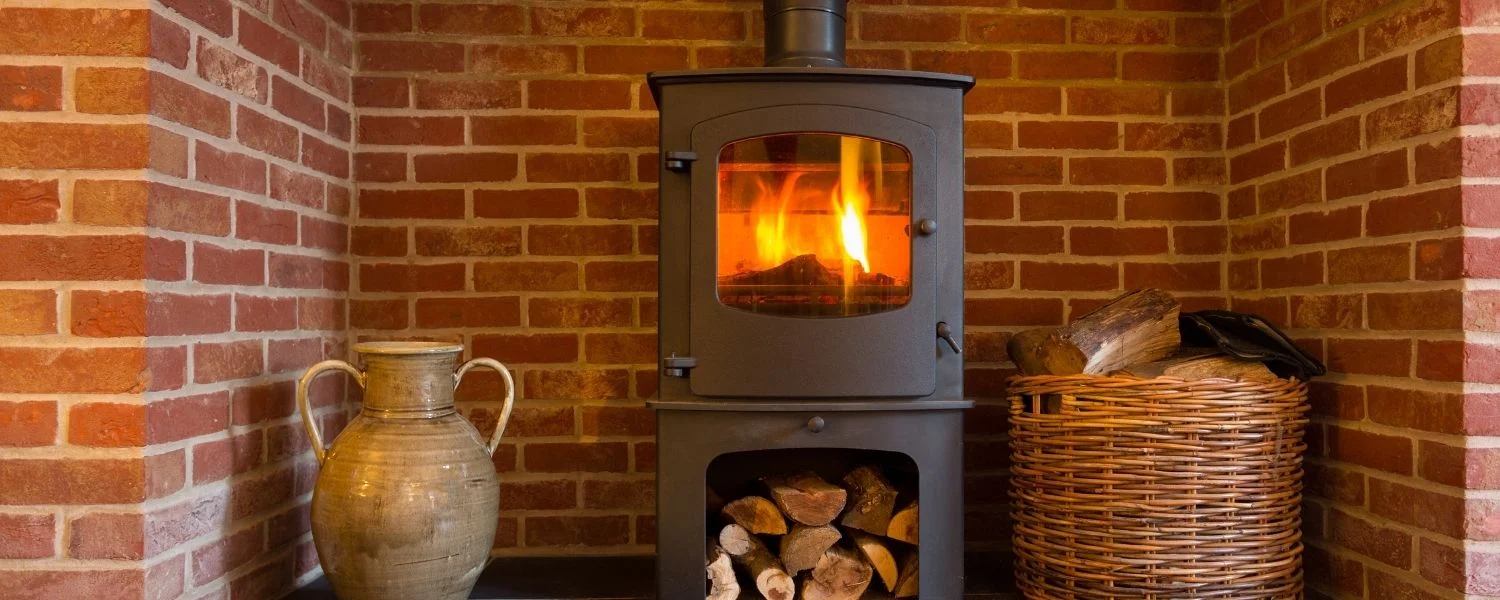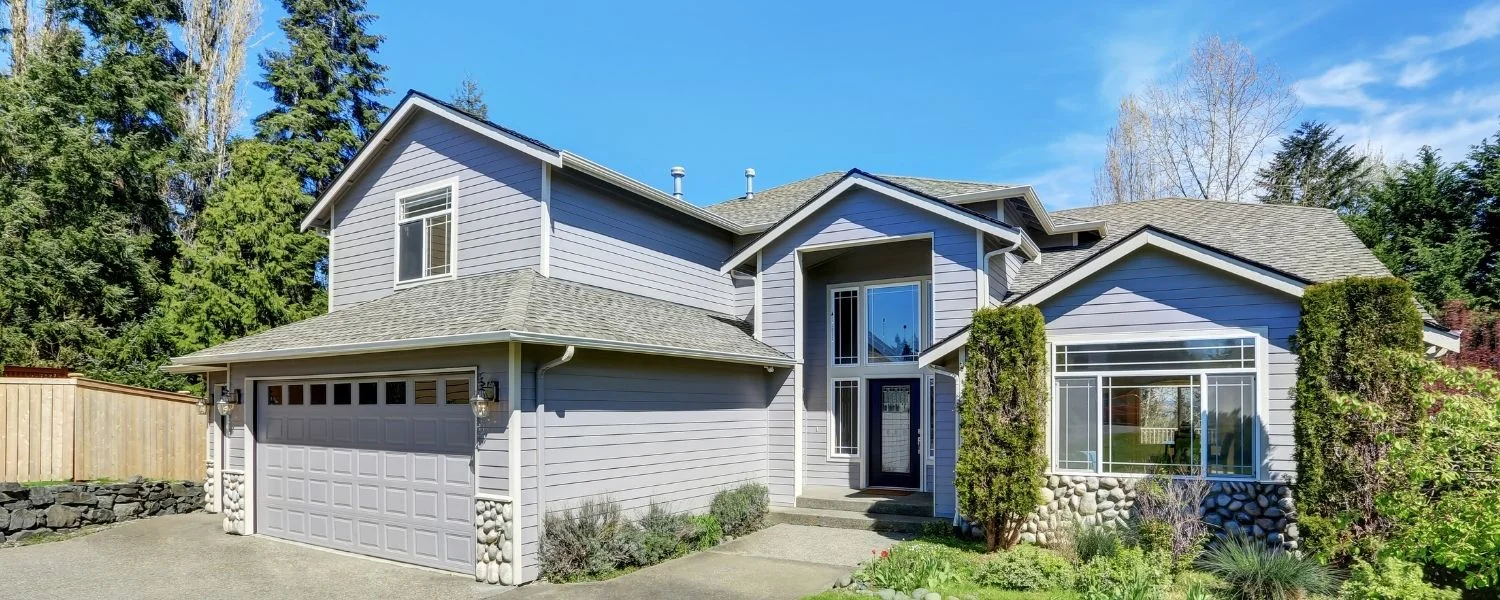The Ultimate Guide to Choosing the Right Masonry Materials for Your Chimney

Introduction
Selecting the right materials for your chimney is not just a decision about aesthetics; it’s a crucial step for ensuring the structure’s longevity, efficiency, and safety. The right choice can enhance your home’s heating system, prevent potential hazards, and even add to your home’s overall value. In this guide, we delve into the various masonry materials available, factors to consider in your selection, and key insights into maintenance and budget considerations.
Understanding Different Masonry Materials
Brick: The Traditional Choice
Brick has been a traditional choice for chimneys for centuries due to its durability, heat resistance, and classic aesthetic appeal. Available in a variety of colors and textures, brick can complement almost any home style. However, brickwork requires skilled craftsmanship for installation and can be more costly than other materials. It’s essential to use high-quality bricks to ensure the chimney withstands temperature fluctuations and harsh weather conditions.
Stone: The Natural Aesthetic
Stone offers a unique, rustic look and unmatched durability. It’s resistant to the elements and can last for decades with minimal maintenance. Stone chimneys stand out for their natural beauty, each with a unique pattern and texture. The primary considerations with stone are its higher cost and the need for a robust foundation due to its weight.
Concrete Blocks: Economical and Practical
Concrete blocks provide a more budget-friendly option for chimney construction. They offer good durability and are relatively easy to work with. However, their aesthetic appeal may not match that of brick or stone. To ensure longevity, it’s crucial to seal concrete blocks properly, as they can be prone to moisture absorption.
Factors to Consider When Choosing Materials
Local Climate Impact
The local climate plays a significant role in material choice. In areas with harsh winters or frequent rain, materials like high-grade bricks and stone are better suited due to their resistance to weathering and temperature extremes. In more temperate climates, concrete blocks might suffice, though they still need proper sealing against moisture.
Type of Chimney Usage
The fuel you use in your fireplace—whether wood, gas, or another source—affects your choice of material. Wood-burning fireplaces, for example, require materials that can withstand higher temperatures and potential soot build-up.
Architectural Compatibility
The chosen material should complement your home’s architectural style. A modern home might look better with a sleek, concrete block chimney, while traditional homes often pair well with brick or stone chimneys. The goal is to ensure that the chimney looks like a cohesive part of your home’s design.
Maintenance and Longevity of Materials
Each material comes with its maintenance requirements. Brick chimneys need to be checked for cracks or mortar deterioration. Stone, though low maintenance, may require occasional cleaning and sealing. Concrete blocks need to be monitored for moisture ingress and may require more frequent sealing compared to brick or stone.
Cost Analysis and Budget Considerations
The initial cost of materials like stone and high-quality brick is higher than that of concrete blocks. However, considering their durability and lower long-term maintenance needs can make them more cost-effective over time. When budgeting, factor in not just the installation costs but also the potential maintenance and repair expenses in the long run.
Conclusion
Choosing the right masonry materials for your chimney is a decision that significantly affects its functionality, durability, and aesthetic appeal. It’s about finding the right balance between cost, maintenance, and compatibility with your home’s style and local climate. While the initial cost can be a significant factor, it’s also important to consider long-term maintenance and the potential savings from choosing a more durable material. Consulting with a professional can provide personalized advice tailored to your specific situation, ensuring that your chimney is not only a beautiful addition to your home but also a safe and efficient one. Remember, a well-chosen and properly maintained chimney is an investment in your home’s safety and comfort.







I don’t think the title of your article matches the content lol. Just kidding, mainly because I had some doubts after reading the article.
Thank you for your sharing. I am worried that I lack creative ideas. It is your article that makes me full of hope. Thank you. But, I have a question, can you help me?
Thank you for your sharing. I am worried that I lack creative ideas. It is your article that makes me full of hope. Thank you. But, I have a question, can you help me?
Your article helped me a lot, is there any more related content? Thanks!
Your point of view caught my eye and was very interesting. Thanks. I have a question for you. https://www.binance.info/pt-BR/register-person?ref=YY80CKRN
Your article helped me a lot, is there any more related content? Thanks! binance open account
Thanks for sharing. I read many of your blog posts, cool, your blog is very good. https://accounts.binance.info/pl/register?ref=UM6SMJM3
Thanks for sharing. I read many of your blog posts, cool, your blog is very good.
Fala galera! Alguém aí já experimentou a vbetbrasil? Tô procurando uma plataforma nova pra dar uns palpites. O que acharam? vbetbrasil
234winph’s got the hook up with tons of bonuses! I started with 300, and won 3000! I was so happy. You can find more about it here 234winph.
Popped into AF88GAME. The loading times were quick, which is a massive plus in my book. Nothing worse than waiting forever, right? Gameplay was smooth too. Worth a look! Find out more: af88game
Anyone using the 8k8app11? How is it? Is it better than the website? Always on the lookout for a better mobile experience. Download the new app here: 8k8app11
I really appreciate this post. I have been looking all over for this! Thank goodness I found it on Bing. You have made my day! Thank you again
Thank you for your sharing. I am worried that I lack creative ideas. It is your article that makes me full of hope. Thank you. But, I have a question, can you help me? https://www.binance.com/fr/register?ref=T7KCZASX
Having trouble finding an 88Vin Stone link? Don’t worry, I have a reliable one for you 88vinstone. This one has been my go-to for ages. Enjoy!
I am having a lot of fun with gk88slot. Payouts are frequent and the welcome bonus was stellar!
**mitolyn official**
Mitolyn is a carefully developed, plant-based formula created to help support metabolic efficiency and encourage healthy, lasting weight management.
Thank you for your sharing. I am worried that I lack creative ideas. It is your article that makes me full of hope. Thank you. But, I have a question, can you help me?
Thank you for your sharing. I am worried that I lack creative ideas. It is your article that makes me full of hope. Thank you. But, I have a question, can you help me?
Can you be more specific about the content of your article? After reading it, I still have some doubts. Hope you can help me. https://www.binance.com/register?ref=IXBIAFVY